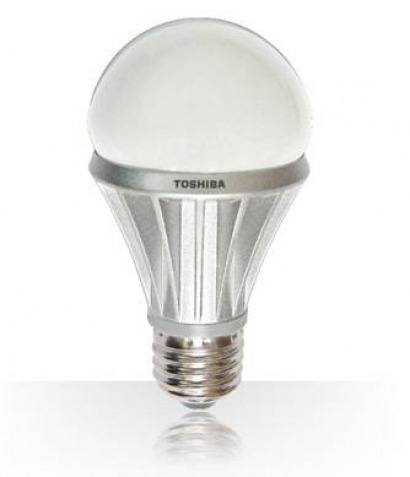
The lawmakers had argued that the regulations are a prime example of overreach by the federal government.
“The 2010 elections demonstrated that Americans are fed up with government intrusion,” said Representative Joe Barton, the Texas Republican who proposed the repeal.
His comments came during debate on the House floor. Barton added, “The federal government has crept so deep into our lives that federal agencies now determine what kind of light bulbs the American people are allowed to purchase.”
But Democrats, who are currently in the minority in the House, were able to defeat the repeal on a technicality – procedural rules that require a two-thirds majority for passage.
In the end the vote was 233 to 193.
The standards were part of the Energy Independence and Security Act of 2007, a broad update of the country’s energy policy signed into law by President George W. Bush.
The first stage of the standards, which will be phased in over a two-year period beginning on 1 January 2012, requires bulbs to be 25 to 30 percent more efficient.
The second stage could require bulbs to be 60 percent more efficient by 2020. The law includes exceptions for specialty lights, like candelabra lamps, three-way bulbs and black lights.
It is widely believed that the new standards will eventually be the death knell of the incandescent light bulb, which have remained largely unchanged since Thomas Edison invented them in the late 19th Century.
In addition to opposing what they believe is to much government interference, House Republicans contend that the newer, energy-efficient light bulbs are too expensive, costing from $1.50 for a halogen incandescent to $20 for light-emitting diode, or LED, bulbs, which are supposed to last 10 years.
Incandescent light bulb, by comparison, today cost about 35 cents.
Democrats countered that the higher cost of the new bulbs would be offset by savings on the energy bills of consumers. They cited US Energy Department figures that suggest energy-efficient bulbs could save US households $50 a year by 2015 – some $6 billion a year annually.
For additional information:

